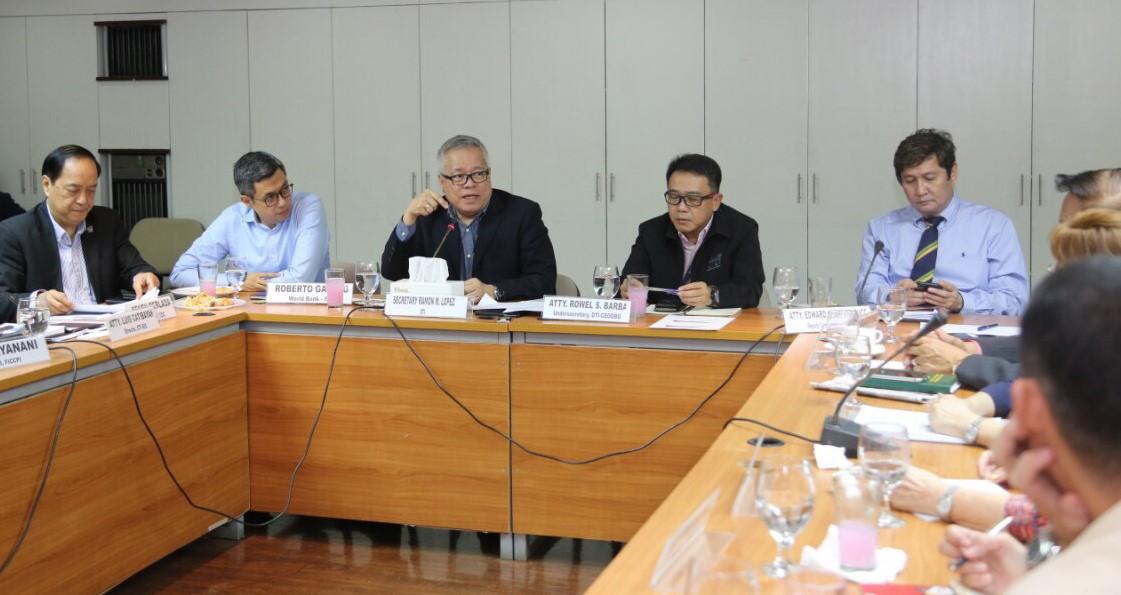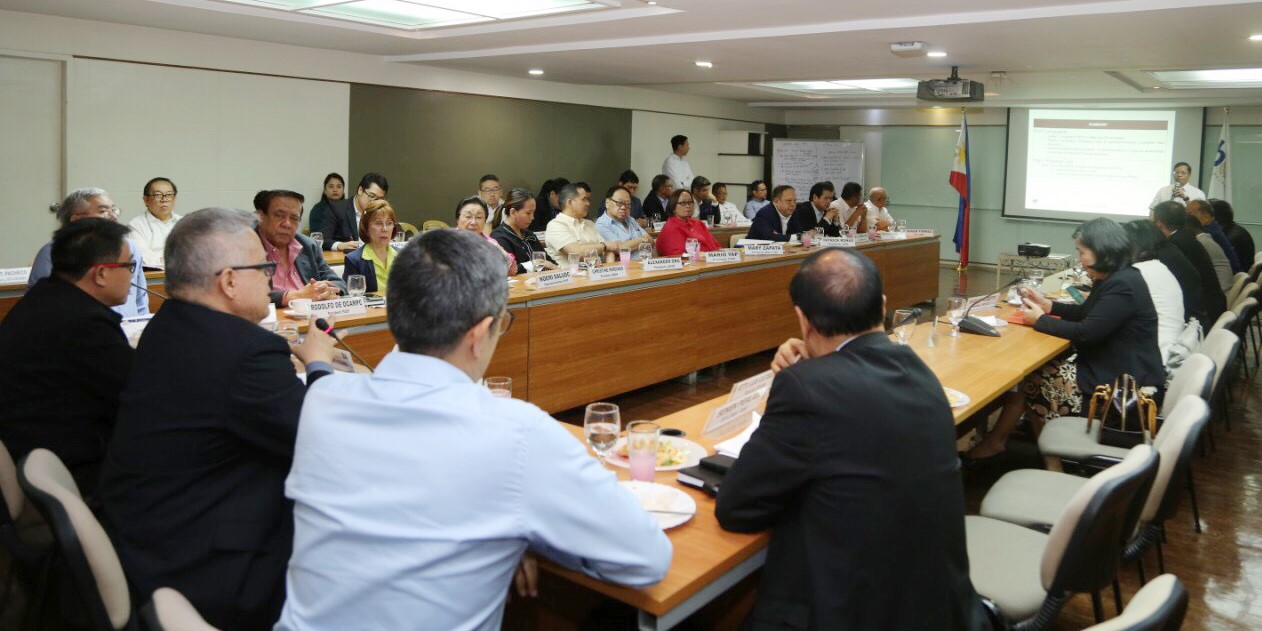
MAKATI—To address the reported concerns of the business sector regarding the prevalent high shipping charges and port congestion, Trade Secretary Ramon Lopez reported during a forum with stakeholders on 28 January that there will be a whole-of-government approach.
Several government agencies agreed to release a Joint Administrative Order (JAO) to regulate and specify the rules and regulations that will govern the fees and charges of shipping lines, port operators, truckers, and port users to lower operating costs and improve logistics efficiencies, Sec. Lopez added.
The JAO will be issued by Departments of Trade and Industry (DTI), Finance (DOF), and Transportation (DOTR); Bureau of Customs (BOC); Bureau of Internal Revenue (BIR); Maritime Industry Authority (MARINA); Philippine Ports Authority (PPA), and the Subic Bay Metropolitan Authority (SBMA). The JAO should be out by mid-February after subjecting it public hearings. Aside from the JAO, a Joint Memorandum Circular (JMC) between BOC and PPA will also be issued to issue new rules that will normalize the utilization rate of container depots in Manila back to 70%.
Under the JAO, the BOC will regulate and monitor all fees concerning empty container returns and charges of shipping lines. Shipping lines will also be banned from charging fees in the Philippines. Instead, all charges must be included in their freight and other origin charges. BOC Deputy Commissioner Edward James Dy Buco said that they plan to make charges of container depots at par with other countries to prevent shipping lines from abandoning their empty containers in the yards.
For laden containers, the JAO will remove the provision requiring the submission of Equipment Interchange Receipt (EIR) as a basis for the implementation of the 90-day rule. Instead, the discharge date will be used as the start date. The group is also looking into using abandoned containers for low-cost housing, evacuation centers, and cold storage facilities for fish ports.
To reduce the number of containers entering the port and improve efficiencies, the JAO will also allow shipments to pass through Batangas and Subic Ports, closer to their destination or consignees. This will also help locators of the Philippine Economic Zone Authority (PEZA) find a more efficient option than the port of Manila.
After the issuance of the order, Secretary Lopez said that the DTI and concerned agencies will work on a roadmap for the logistics sector and provide a long-term plan to improve efficiencies and costs.
“Our ports, roads, and other infrastructure should be able to handle the added capacity brought about by our robust economic growth. Thus, we enjoin all concerned government agencies and stakeholders to share their insights to formulate a long-term solution.”♦

Date of Release: 31 January 2019



